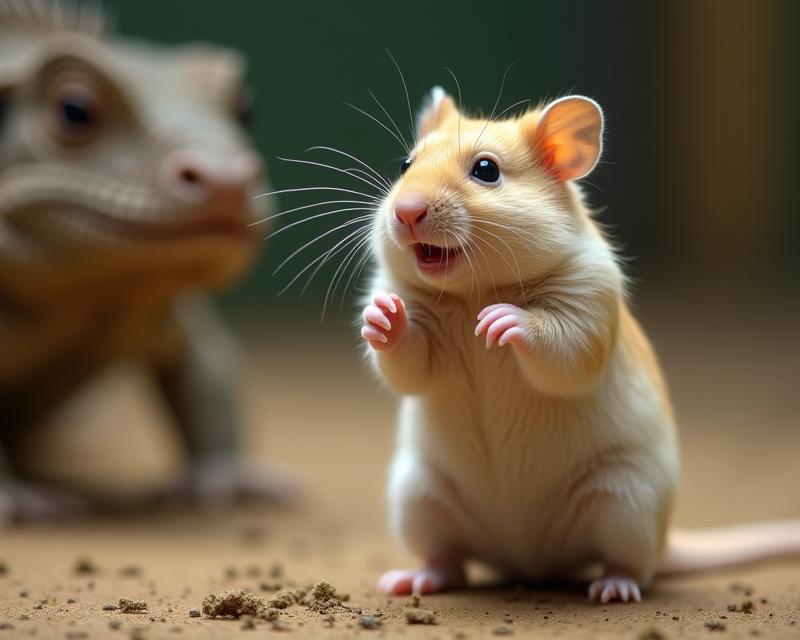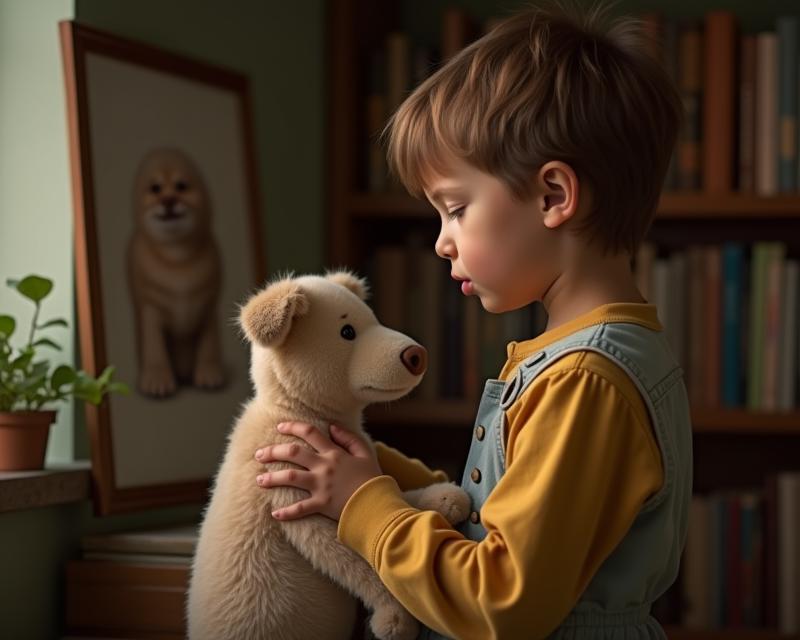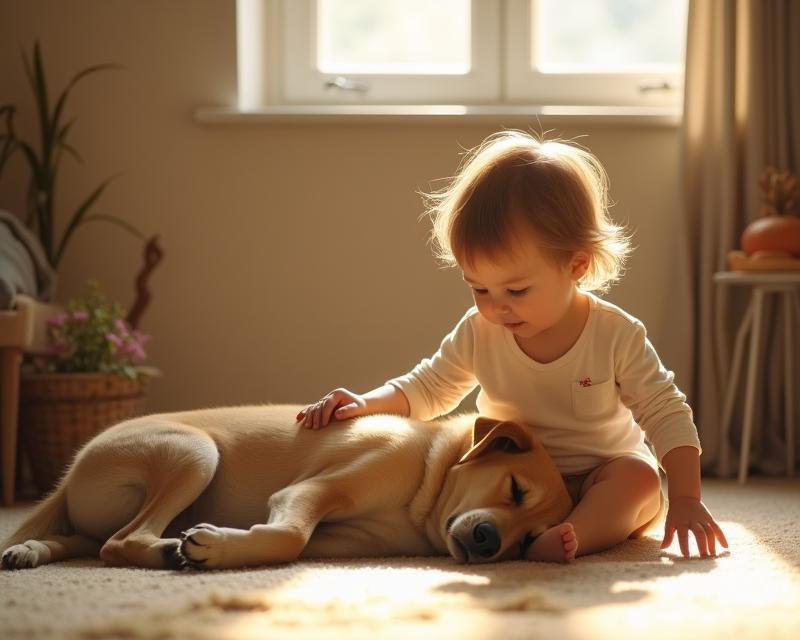Hamster vs. Reptiles: Understanding Aggression
Publish in General Care el 28/06/2025 18:50
Why is My Hamster So Aggressive Near Reptiles?
It's not uncommon to see unexpected behaviors in our furry, scaled, and feathered companions! If your hamster is displaying aggression towards reptiles in a shared enclosure or even just near the reptile's habitat, don't panic. There's usually a reason behind it, and understanding that reason can help you create a more harmonious environment for all your pets.

Territoriality is Key
Hamsters are naturally territorial creatures. They see their cage as their safe haven, and they're quick to defend it. Reptiles, especially larger ones, can be perceived as a threat to that territory. This is particularly true if the reptile is frequently near the hamster's cage or if the hamster feels cornered.
Stress and Anxiety Play a Role
Stress is a major contributor to aggressive behavior in hamsters. The presence of a reptile, even if the hamster isn't directly threatened, can cause anxiety. This anxiety can manifest as aggression. Consider the size difference between the animals. A large reptile can be intimidating, and the hamster might feel vulnerable. Also, ensure the hamster has plenty of hiding places and escape routes within its cage to help reduce stress.
What Can You Do?
Here are a few things you can try to manage the situation. First, ensure both pets have separate, secure enclosures. Never allow direct unsupervised interaction. Secondly, provide ample hiding spots for your hamster – tunnels, houses, and bedding materials are essential. Introduce the scents of each animal gradually. You can swap bedding between their enclosures (making sure to thoroughly clean the bedding first!) to help them become accustomed to each other's scent. Finally, always supervise any interactions, even if they seem calm. If the aggression persists, consult with a veterinarian or a qualified animal behaviorist. They can help identify underlying issues and recommend tailored solutions. Remember, patience is key when working with animals, and it may take time for them to adjust to each other's presence.
Important Note: Safety First!
Never force interaction between your hamster and reptile. Prioritize the safety and well-being of both animals. If your hamster is consistently aggressive, it's best to keep them completely separate to prevent injury. A happy, stress-free hamster is a healthy hamster!





